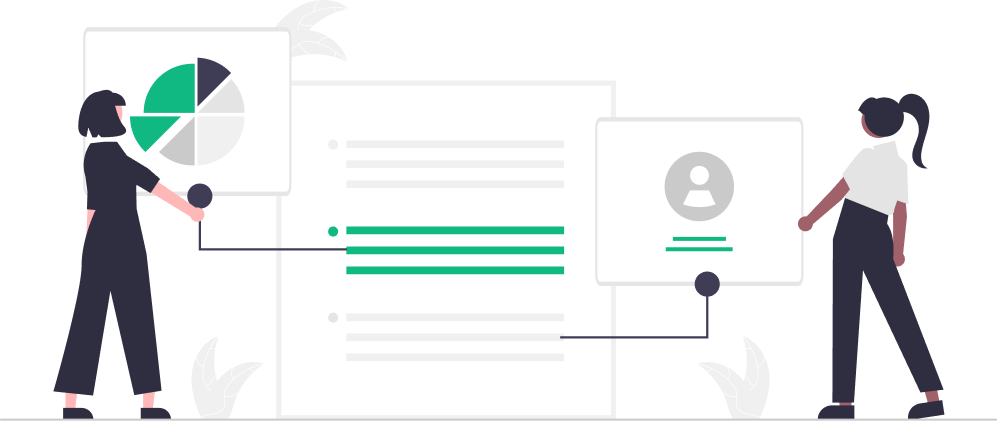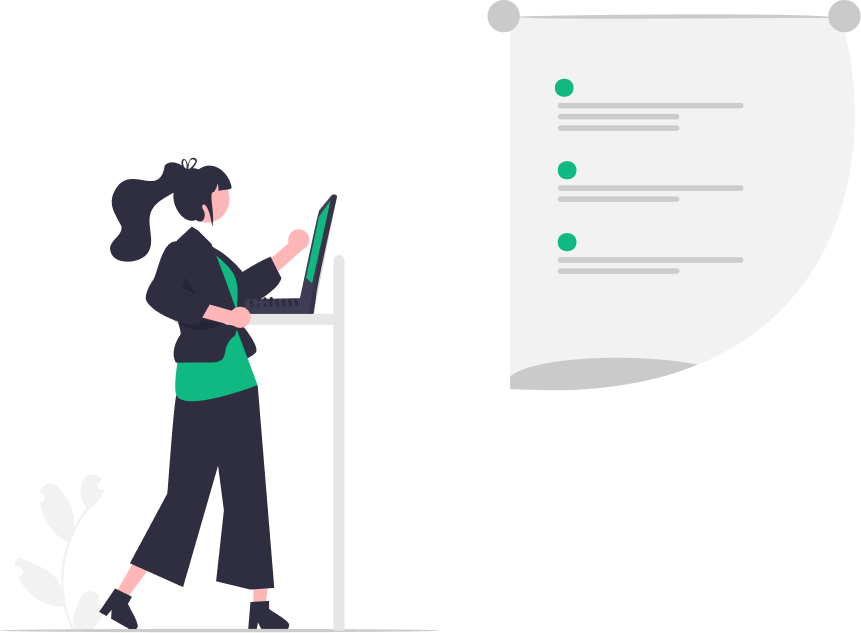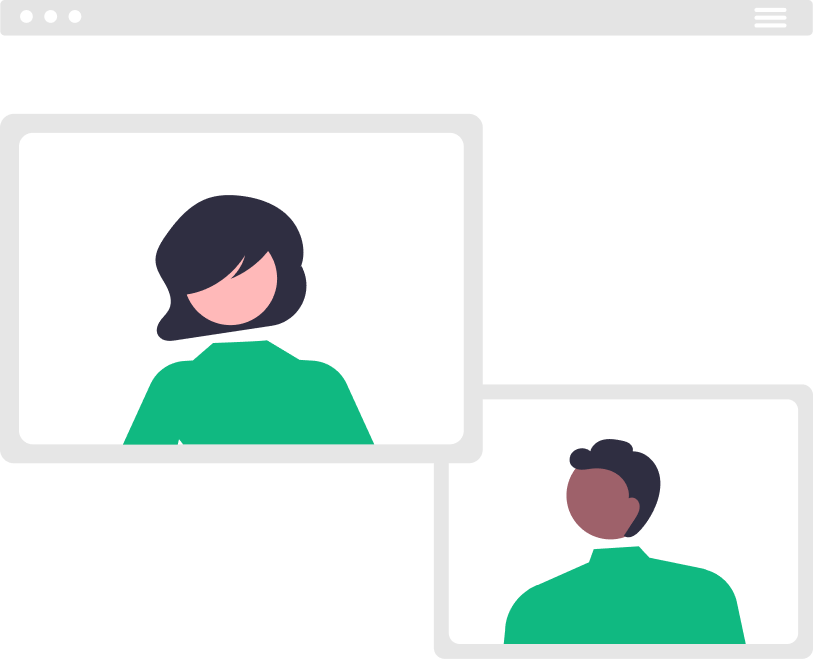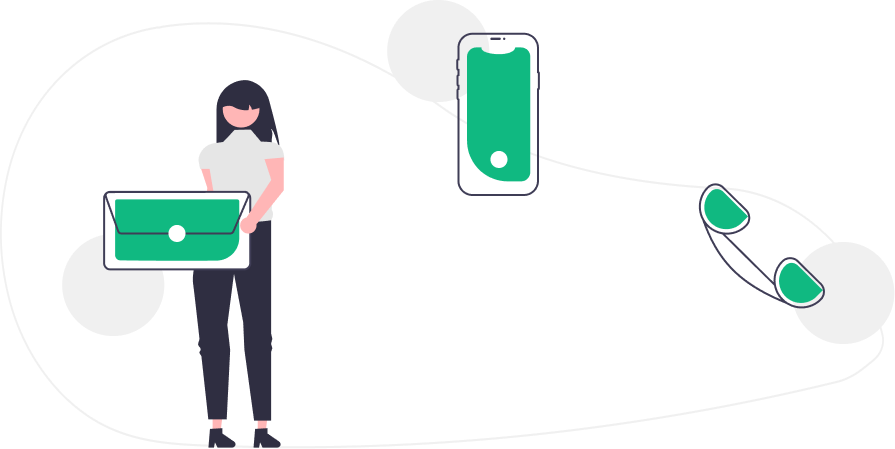Services
Step 1 : Surveying

This service comes free of charge! Our mental health survey includes questions that assess an individual’s mental health and well-being. The specific questions that go into the mental health survey are customisable, but some standard components of a mental health survey include:
Demographic information: This includes questions about the individual’s age, gender, race/ethnicity, education, and other relevant background information.
Symptoms and diagnoses: This includes questions about any symptoms the individual may be experiencing, such as anxiety, depression, or other mental health conditions. The survey may also ask about the individual’s diagnoses and treatments they have undergone.
Stressors and life events: This includes questions about any recent or ongoing stressors in the individual’s life, such as work or family stress, relationship problems, or financial difficulties.
Lifestyle factors: This includes questions about the individual’s diet, exercise habits, sleep patterns, substance use, and other lifestyle factors that can impact mental health.
Social support includes questions about the individual’s social network, such as the number and quality of their relationships and their level of social support.
Self-assessment: This includes questions that allow the individual to rate their mental health and well-being, such as their level of happiness, life satisfaction, and overall sense of well-being.
Other relevant factors: Depending on the purpose of the survey, it may also include questions about other relevant factors, such as access to mental health care or experiences of stigma and discrimination.
Overall, our mental health survey aims to gather comprehensive information about an employee’s mental health and well-being so that appropriate interventions and support can be provided.
Step 2 : Training

We provide customisable mental health workshops. Each workshop is curated to the company’s needs and priorities. Here are some different mental health workshops that we offer to be carried out for employees:
Mental health first aid: This workshop can help employees learn how to recognize the signs of mental health issues in their colleagues and offer support and resources. This can help reduce the stigma around mental health and promote a more supportive workplace culture.
Stress management: This workshop can help employees learn to recognize and manage stress in the workplace. It may include mindfulness, breathing exercises, and time management strategies.
Resilience building: This workshop can help employees develop resilience in adversity. It may include techniques for coping with change and building positive thinking habits.
Communication skills: This workshop can help employees learn practical communication skills, including active listening, assertiveness, and conflict resolution. Good communication skills can help reduce workplace stress and promote better relationships between coworkers.
Emotional intelligence: This workshop can help employees develop emotional intelligence, including self-awareness, self-regulation, and empathy. This can help promote better relationships and communication in the workplace.
Self-care: This workshop can help employees learn the importance of self-care and techniques for taking care of their physical and mental health, including exercise, relaxation, and hobbies.
Diversity, equity, and inclusion: This workshop can help employees understand the importance of diversity, equity, and inclusion in the workplace and learn how to create a more inclusive and supportive workplace culture.
Overall, mental health workshops can help employees develop the skills and knowledge needed to support their colleagues’ mental health, promote a positive workplace culture, and reduce the negative impact of workplace stress.
Step 3 : Counseling

This service is an online counseling service that is counselor initiated. This is where the counselor will check in with the client at a previously specified time on a weekly basis. This breaks the barriers that prevent someone from reaching out. The service is provided in both Malay and English.
Mental health first aid counseling is a type of counseling that aims to provide support and resources to individuals who are experiencing mental health problems. Mental health first aid counseling is similar to traditional first aid in that it seeks to provide initial support to someone in crisis while they wait for professional help. It is not a substitute for professional mental health treatment, but it can be a valuable first step toward recovery and help individuals feel less alone and more supported.
Mental health first aid counseling involves the following steps:
Assess the situation : The first step in mental health first aid counseling is to assess the situation and determine whether the person is in immediate danger or requires urgent medical attention. If so, emergency services should be contacted immediately.
Provide support : Mental health first aid counseling involves providing emotional and practical assistance to the person in crisis. This may include active listening, validating their feelings, and offering resources and information about mental health support services.
Encourage self-help : Mental health first aid counseling also involves encouraging the person to take steps to care for their mental health, such as practicing self-care, reaching out for professional help, or joining a support group.
Promote recovery : Mental health first aid counseling aims to promote healing by helping the person in crisis feel empowered and supported in seeking help and making positive changes to improve their mental health.
The goal of mental health first aid counselling is to provide an immediate source of support and resources to individuals experiencing mental health problems and to help reduce the stigma and promote awareness of mental health issues.

” I had to tell myself This too shall pass. Now I help others realise the same.”
— Shazuan Danial, Counsellor
Feeling Lonely?
Talk to us.

Questions?
Feel free to contact us.

